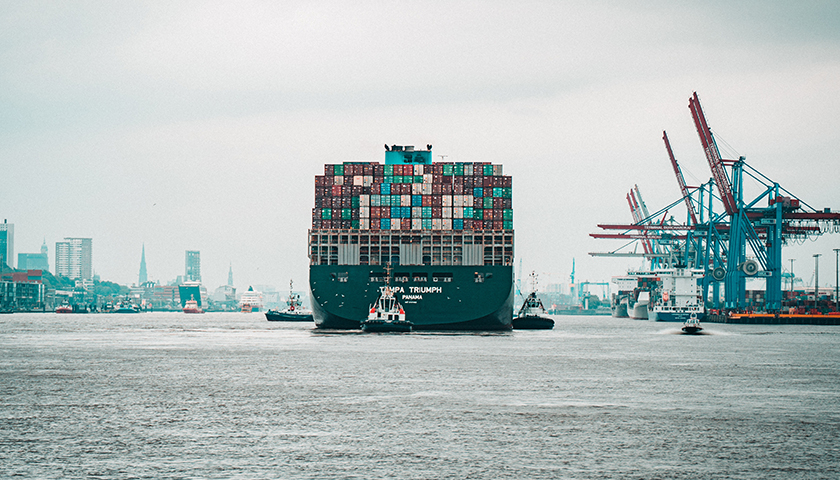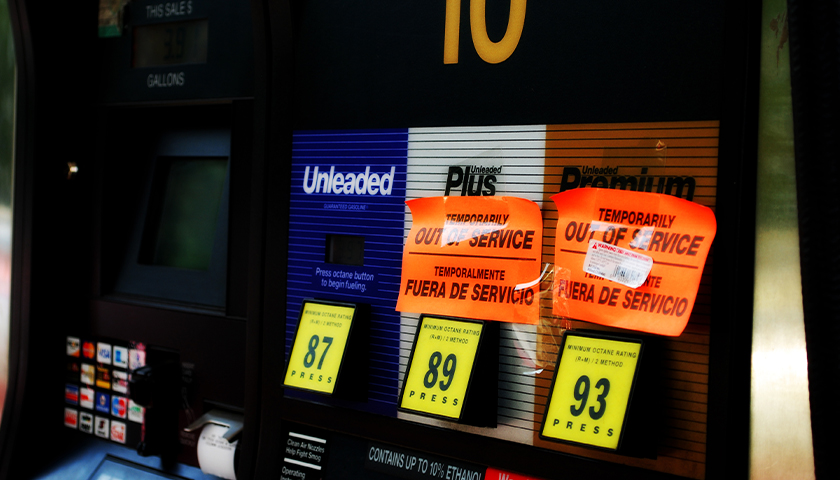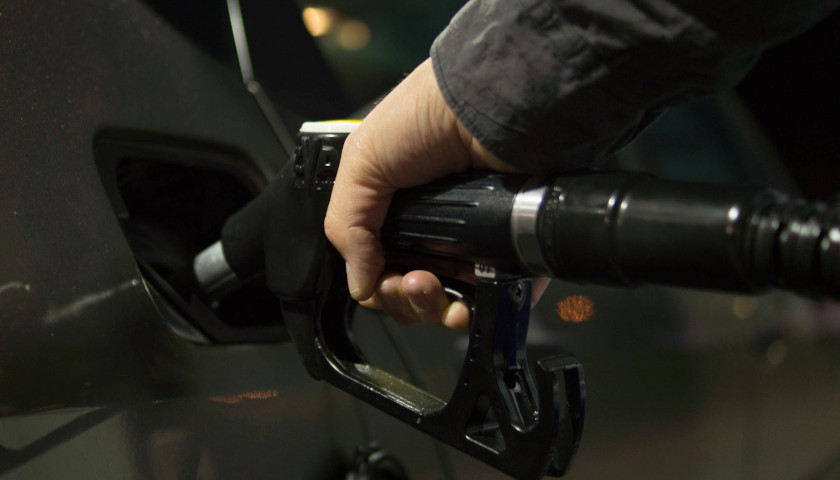On Thursday, two of the biggest tech companies in the world posted earnings that fell below market expectations, attributed to the ongoing supply chain crisis that is paralyzing the American economy, according to CNN.
For the third quarter of 2021, Amazon’s net sales amounted to around $110.8 billion, which was a 15 percent increase from the previous year; however, this ultimately fell below market analyst predictions of about $111.6 billion. Amazon’s overall net income for the same period decreased from the same period in 2020 to about $3.2 billion, when predictions estimated around $4.6 billion.
Apple’s sales during the same quarter were $83.4 billion, with iPhone sales at $38.9 billion; both were lower than original projections.
Read the full story









